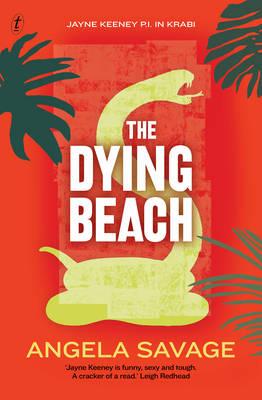 Last Saturday I had the pleasure of interviewing two great Scottish crime writers, Doug Johnstone and Liam Mcilvanney, for a session on Tartan noir at the 2013 Melbourne Writers Festival.
Last Saturday I had the pleasure of interviewing two great Scottish crime writers, Doug Johnstone and Liam Mcilvanney, for a session on Tartan noir at the 2013 Melbourne Writers Festival.
We covered a lot of territory in our allotted hour, including what, if anything, ‘Tartan noir’ means, the history of Scottish crime writing, and the upcoming 2014 referendum on independence and its implications for the arts in Scotland.
ABC Big Ideas TV and Slow TV filmed the event. Apart from the fact I got to hear the immortal words, “sound check in ten mister Nette”, it means I’ll be able to put up a link to the show when it goes live instead repeating the contents of the session on this site.
That said I did want to do quick reviews of both their books, Mcilvanney’s Where the Dead Men Go, and Johnstone’s Gone Again.
First up, Where Dead Men Go.
This is the second in a series featuring the character of Gerry Conway, a cynical newspaper journalist pounding the mean streets of Glasgow. In the first book, All the Colours of the Town, Conway is looking for a major story and finds it when he stumbles across evidence that a major Scottish political leader has had past connections to Irish loyalist paramilitaries.… Read more






















